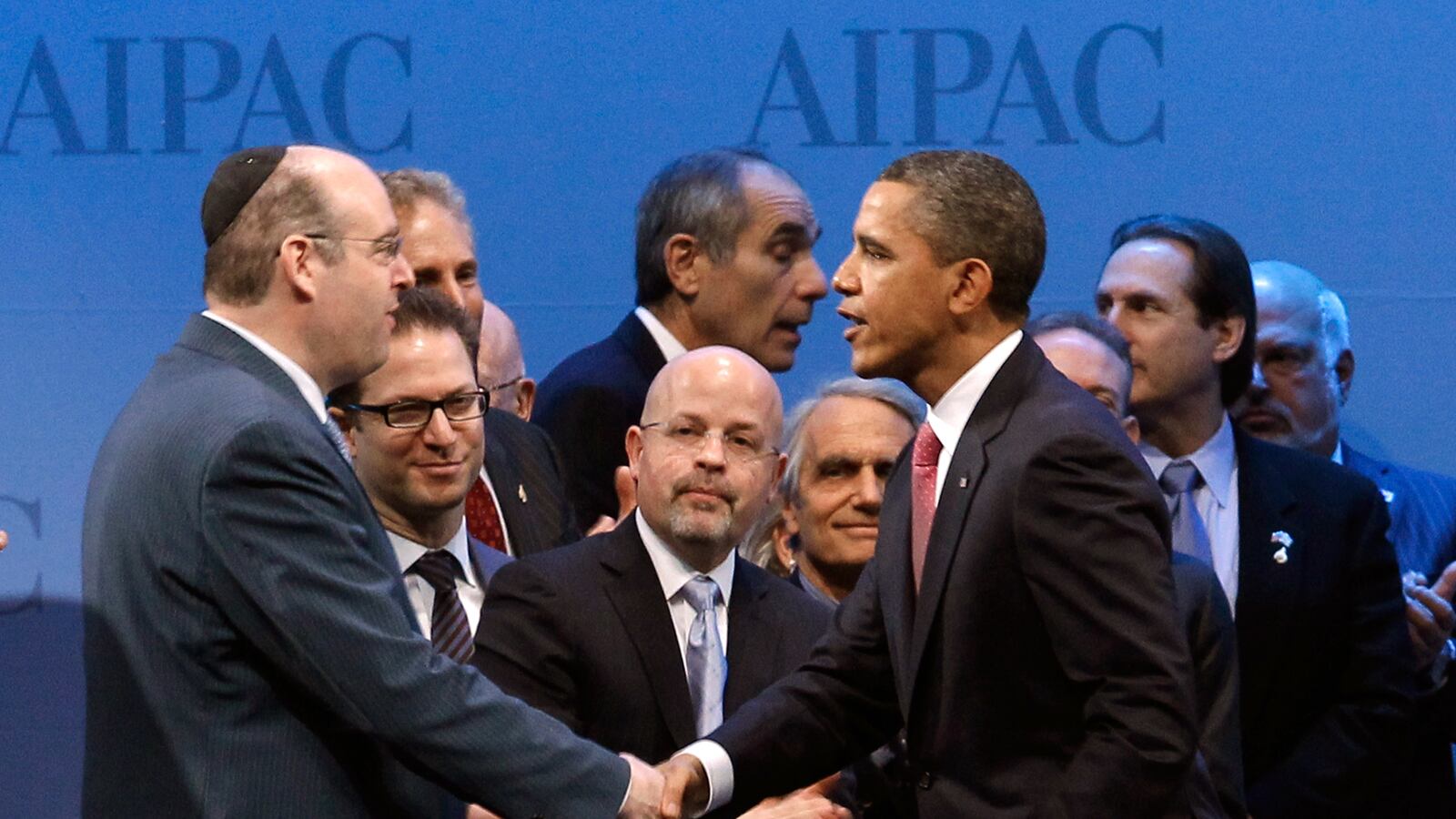I am always struck at how some progressive Zionists are reflexively critical of Israel advocacy, as if it belongs to a different category than all other advocacy. They undoubtedly associate Israel advocacy with mindlessly spewing off a set of talking points or carrying placards at rallies on the campus quad.
While simplistic and alienating (i.e. bad) advocacy tactics used by some may have contributed to this image, there’s no reason they should besmirch the entire enterprise. Indeed, the best Israel advocacy acknowledges the issue’s complexity and Israel’s shortcomings. It hides nothing, but stresses the positive points.

Some progressive Zionists are critical of advocacy organizations for not behaving like journalists, professors or human rights organizations. Peter Beinart, for example, implies such criticism in complimenting Alan Dershowitz for publicly supporting a settlement freeze.
The real divide is between people willing to ask Israel to do anything differently to keep the two state solution alive and people who won’t. With his op-ed, Dershowitz places himself, gingerly, on the other side of that divide from AIPAC.
You would not expect the high-powered Association of Trial Lawyers of America to entertain an open discussion on tort reform, or the AARP to publicly contemplate means testing social security. Why, then, would you expect AIPAC or other Israel advocacy organizations to publicly challenge the Israeli government on settlements? That’s Beinart’s and Dershowitz’s job.
I do not begrudge the journalist for pursuing the unvarnished truth, irrespective of political consequences. But I would hope that the journalist can appreciate the need of the advocacy organization to engage in, well, advocacy. We live in a world where many people, including Israel’s opponents, act politically, with no felt need to shed light on the complexities or show Israel’s point of view.
Just like journalists, advocates have a role to play. In a rather extreme formulation of the advocacy mindset, the great leftist community organizer Saul Alinsky wrote that “a leader may…weigh the merits and demerits of a situation which is 52 percent positive and 48 percent negative, but once the decision is reached he must assume that his cause is 100 percent positive and the opposition 100 percent negative.”
Many Israel advocacy organizations, especially those that operate in the broader civic space, do not follow the Alinsky 100 percent rule. My organization, The David Project, encourages students to share an authentic personal narrative about Israel, which may include criticisms of Israeli policies. Most organizations operating in the Congressional space, however, place a premium on maintaining a disciplined message, as AIPAC does in support of the US-Israel relationship.
Those who slam Israel advocates for emphasizing the positives are applying a double standard. These critics have no problem with advocating for populist liberal causes, such as fair housing or the environment. Like the Arab-Israel conflict, these issues are more complicated than any advocacy campaign would have you believe. All advocacy, no matter how seemingly noble, simplifies and packages issues in order to generate the desired political outcomes.
Israel advocacy might not be necessary if Israel were treated just like any other country. In such a reality, we advocates would have the luxury of the journalist or the human rights organization or the law professor to speak our minds without regard for consequence. But Israel isn’t treated like any other country. Its opponents are working around the clock to turn the Jewish state into a pariah. It’s unthinkable that Israel’s friends wouldn’t act politically as well.
I had dinner with a couple last week who, despite their misgivings about Israel’s settlement policy, support mainstream pro-Israel groups precisely because they know there are plenty of others who will blast Israel on settlements. Given the array of competing forces, they choose AIPAC’s side of the divide.
Israel needs, and deserves, committed advocates who are willing to emphasize its freedoms and commitment to peace, imperfect though they are. Israel also needs a different type of friend to fight the battle within Israel for its freedoms and commitment to peace.
While I wish these loving critics would worry more about Israel’s standing in the world than they do and think twice before bringing their case to the mainstream press, I appreciate their necessity in the grand scheme of things. I don’t sense the feeling is mutual.





